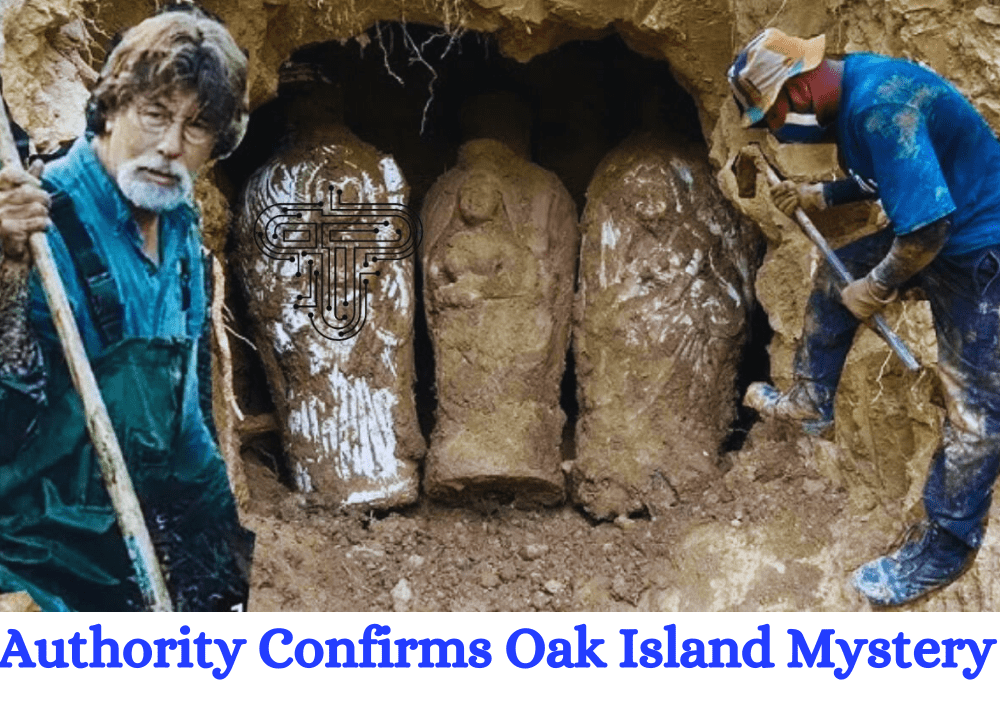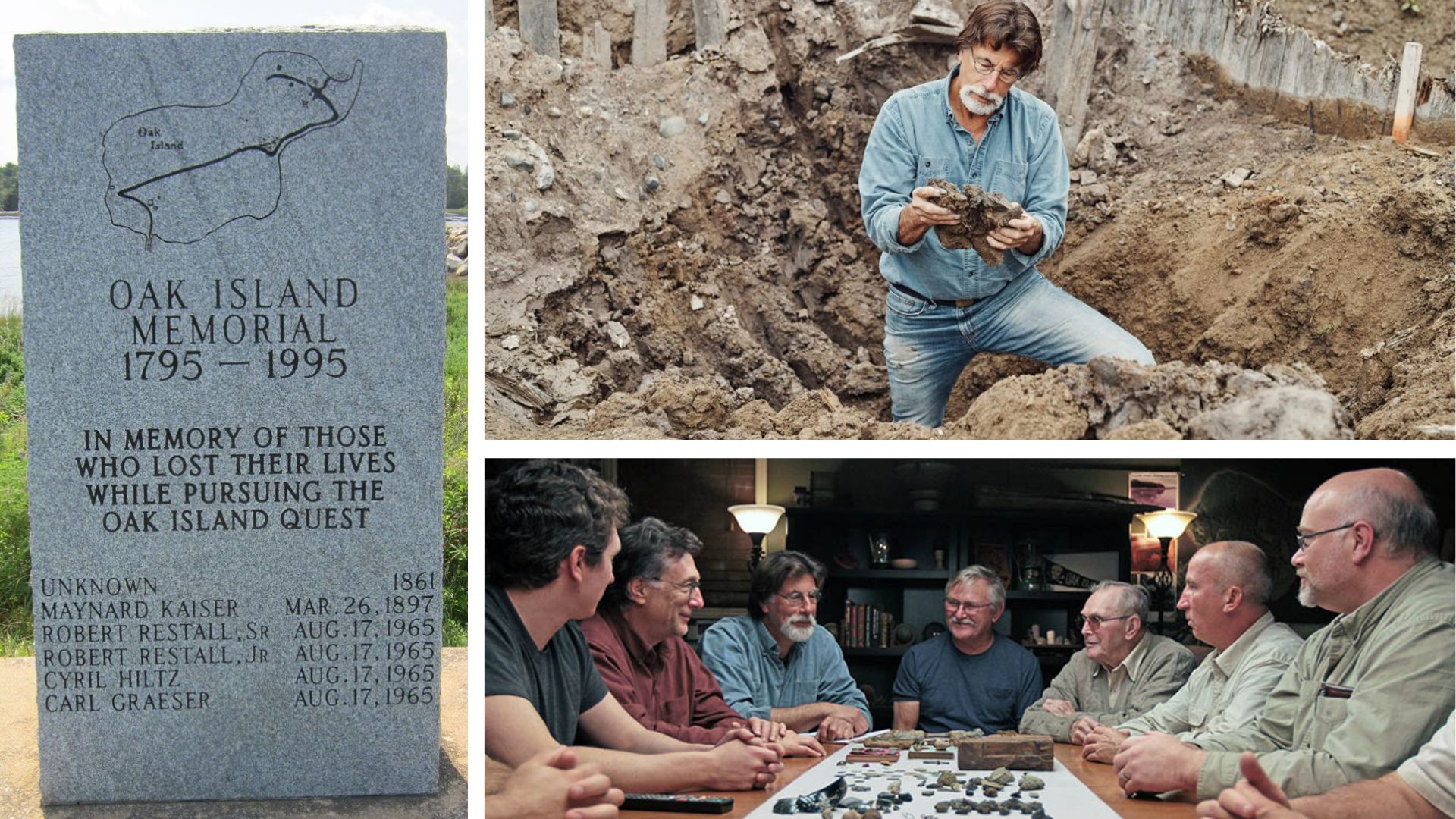Why does the digital realm, a space designed to instantly connect us with information, so often lead us to a dead end? The frustrating message, "We did not find results for: Check spelling or type a new query," is a stark reminder of the limitations of our increasingly reliant digital tools and search engines. This message, encountered countless times daily, highlights a fundamental issue: our interaction with information online isnt always as seamless or effective as we're led to believe. It's a digital roadblock, a glitch in the promise of boundless knowledge at our fingertips.
The ubiquitous "We did not find results" notification is more than just a technical error; its a symptom of a larger problem in how we navigate and utilize the vastness of the internet. Search engines, the gatekeepers of online information, are constantly evolving, yet they still falter. The failure to retrieve relevant data, despite our best efforts to articulate our needs, reveals the inherent complexities of information retrieval and the imperfections of the algorithms that govern it. It raises critical questions about the indexing processes, the interpretation of search queries, and the very nature of the information landscape we traverse.
Let's dissect this frustrating phrase. It is important to note that the phrases of "We did not find results for:" and "Check spelling or type a new query." are what we frequently encounter in the digital space. The impact of these messages goes beyond mere annoyance; they affect productivity, research, and even our sense of control in the digital world. The constant need to rephrase, revise, and rethink our search terms underscores the challenges of communicating effectively with machines. The result is often frustration, wasted time, and a lingering sense that the answers we seek may be just out of reach.
The phrase "Check spelling" in tandem with the lack of search results indicates a core technical issue: the systems that process our requests are incredibly literal. Variations in spelling, even minor typos, can derail an entire search. The implication is that we, the users, must conform to the rigid demands of the digital tool, rather than the tool understanding the intent behind our query. It's a mismatch of expectations. While the systems are getting better at understanding the intent, the core problem remains. A misplaced character or a simple transposition of letters can lead to a digital dead end.
The suggestion to "type a new query" also points to the need for continuous refinement and adaptation. We, as users, are forced to become detectives, tweaking our searches until we achieve the desired results. This can involve everything from using more precise language and keywords to employing boolean operators (AND, OR, NOT) and exploring more specific search parameters. It's a process that demands patience, attention to detail, and an understanding of how the search engine's algorithms work. In essence, the search becomes an iterative process of trial and error, a constant negotiation between our needs and the limitations of the digital tool.
Consider the implications for education, research, and professional environments. Students, researchers, and professionals regularly rely on search engines to access information. Each time they encounter "We did not find results," it means wasted time, potential dead ends in their work, and a sense of frustration that undermines their ability to learn and discover. For academics, it can hinder the research process and impede their progress in uncovering new insights. For students, it can disrupt the flow of their studies and diminish their confidence in their ability to find the information they need.
- Mark Harmon Unveiling The Date Of Birth And Life Journey
- How Old Is Ellen Pompeo A Deep Dive Into The Life And Career Of The Greys Anatomy Star
The "We did not find results" message also raises questions about the quality and accessibility of online content. If the search algorithms are unable to locate what we're looking for, it could be due to several factors: the information might not be indexed correctly, it might be poorly optimized for search engines, or it might not exist at all. The prevalence of this message suggests that the digital information landscape is not as organized or accessible as we might think. It means that valuable information might be hidden, difficult to find, and effectively lost to those who need it. The search engines do not know everything. The more specific or obscure the information, the less likely it is that it will appear.
The rise of artificial intelligence (AI) and machine learning offers potential solutions. These technologies promise to improve search algorithms, making them more adept at understanding the nuances of human language, intent, and context. AI-powered search engines may be able to anticipate our needs, interpret ambiguous queries, and provide more relevant results. However, the development of AI also presents new challenges, including concerns about algorithmic bias, privacy, and the potential for misinformation. As AI becomes more integrated into our search tools, it is important to address these concerns to ensure that the search is fair, transparent, and reliable.
Moreover, this seemingly simple message speaks to the broader issues of digital literacy and the way we interact with technology. The inability to find what we're looking for can stem from a lack of understanding of how search engines work or how to formulate effective search queries. People must develop a basic understanding of search optimization and how to navigate the digital landscape effectively. This includes knowing how to identify reliable sources, how to assess the quality of information, and how to protect themselves from online scams and misinformation. In an increasingly digital world, these skills are essential for success.
In essence, the phrase "We did not find results for: Check spelling or type a new query" is a constant reminder of the gap between the promise of a digitally connected world and the reality of information retrieval. By recognizing the limitations of our search tools and developing our digital literacy skills, we can better navigate the digital landscape and harness the full potential of the information age.
Ultimately, the ongoing presence of this message highlights the need for better search algorithms, more robust content indexing, and a deeper understanding of how information is organized and accessed online. It's an invitation to continually refine our digital tools, improve our search strategies, and foster a more informed and productive digital environment for all.


